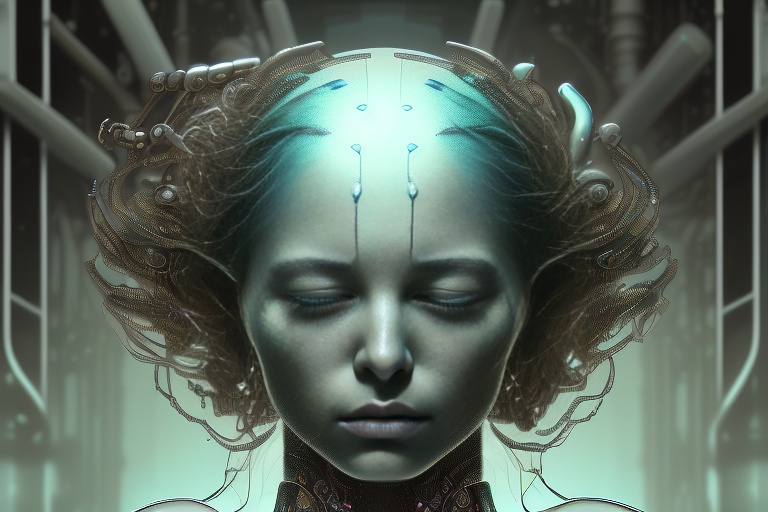Artificial intelligence (AI) and machine learning have become buzzwords synonymous with innovation in today's tech-driven world. While they are related concepts and often used interchangeably, it's crucial to understand the nuanced differences between them. AI is the overarching field focused on creating machines capable of carrying out tasks in ways that we consider "smart" or indicative of human intelligence. In contrast, machine learning is a specialized subset of AI that concentrates on developing algorithms that enable machines to learn from and make decisions based on data.
Artificial intelligence (AI) and machine learning have become buzzwords synonymous with innovation in today's tech-driven world. While they are related concepts and often used interchangeably, it's crucial to understand the nuanced differences between them. AI is the overarching field focused on creating machines capable of carrying out tasks in ways that we consider "smart" or indicative of human intelligence. In contrast, machine learning is a specialized subset of AI that concentrates on developing algorithms that enable machines to learn from and make decisions based on data.
At its core, AI is the pursuit of crafting computers and robotic systems capable of tasks that, when performed by humans, would require intelligence. This broad discipline encompasses the ability to process language, solve problems, and even operate autonomously in complex, unpredictable environments. The integration of AI into our everyday lives is no longer the stuff of science fiction. From the smart devices managing our homes to digital assistants like Apple's Siri, AI's influence is expansive.
Machine learning, on the other hand, is the engine driving the improvement of these intelligent systems. By using statistical techniques, machine learning allows computers to 'learn' from new information without being explicitly programmed for every eventuality. It's the discipline that powers a computer's ability to recognize faces, understand spoken words, and predict consumer behavior. Much of the contemporary success in AI's capability to emulate human-like attributes can be attributed to advancements in machine learning.
Deep learning, a further specialization within machine learning, takes inspiration from the human brain. Using complex structures called neural networks, deep learning systems can process data with varying layers of abstraction. This approach has led to substantial breakthroughs in machine perception, enabling computer vision and natural language processing to reach unprecedented levels of accuracy.
The Expanding Horizons of AI and Machine Learning
The implications of AI and machine learning extend across myriad industries, each standing to benefit from the integration of these technologies. In manufacturing, for instance, AI can automate tasks once carried out by human hands, enhancing productivity and reducing error rates. The financial sector employs these advanced algorithms to detect fraudulent activities and manage investment portfolios more effectively. Healthcare providers leverage AI to analyze patient data, helping to diagnose diseases and tailor personalized treatment plans.
Education and Development in AI Fields
For those looking to enter or advance in this dynamic field, education and continuous learning are paramount. Recognized institutions, such as Columbia's Fu Foundation School of Engineering and Applied Science, offer programs specifically designed to equip professionals with the skills and knowledge needed to excel in AI and machine learning. The Artificial Intelligence executive certificate program is one such avenue, providing insights and experience essential for understanding and implementing these powerful technologies.
The Future of AI and Machine Learning
As AI and machine learning continue to progress, we stand on the brink of what could be a transformative era across industries and societies. From the seamless automation of tasks to enhance efficiency, to sophisticated decision-making capabilities that were once the sole purview of human intelligence, the potential for these technologies is vast. Building strategic plans around AI and machine learning can give organizations a significant advantage, driving innovation and success well into the future.
The evolution of these technologies not only automates and enhances work processes but also has the potential to solve some of the most intricate problems faced by humanity. Their continued development and integration into our lives herald a wave of change that may redefine how we interact with the world around us, proffering an exciting vista of opportunities for those equipped to navigate this high-tech landscape.
To truly appreciate the impact and potentials of AI and machine learning, one must engage with these technologies not as distant concepts but as present-day tools advancing us toward a smarter and more efficient tomorrow. By effectively harnessing the power of AI and machine learning, we can usher in an era of innovation, transforming how we live, work, and play.
Information for this article was gathered from the following source.




